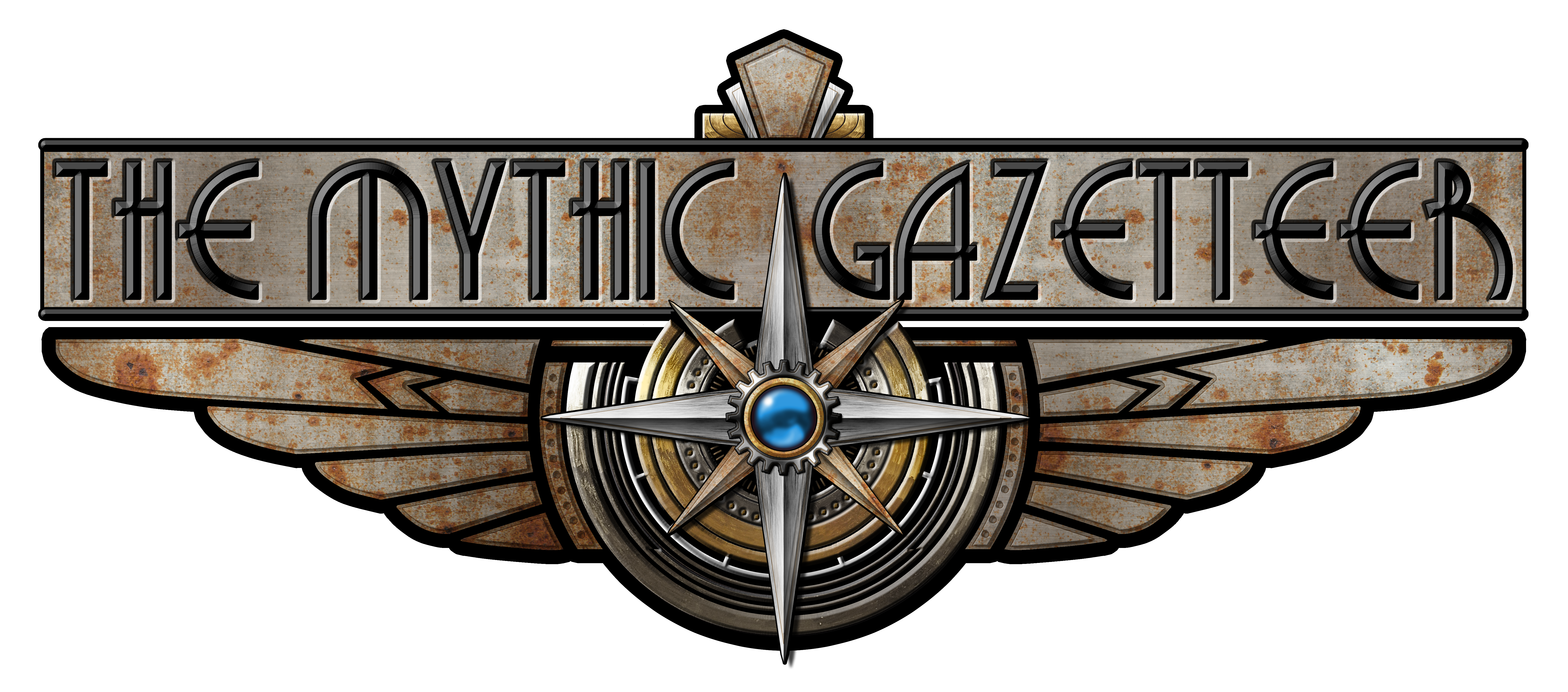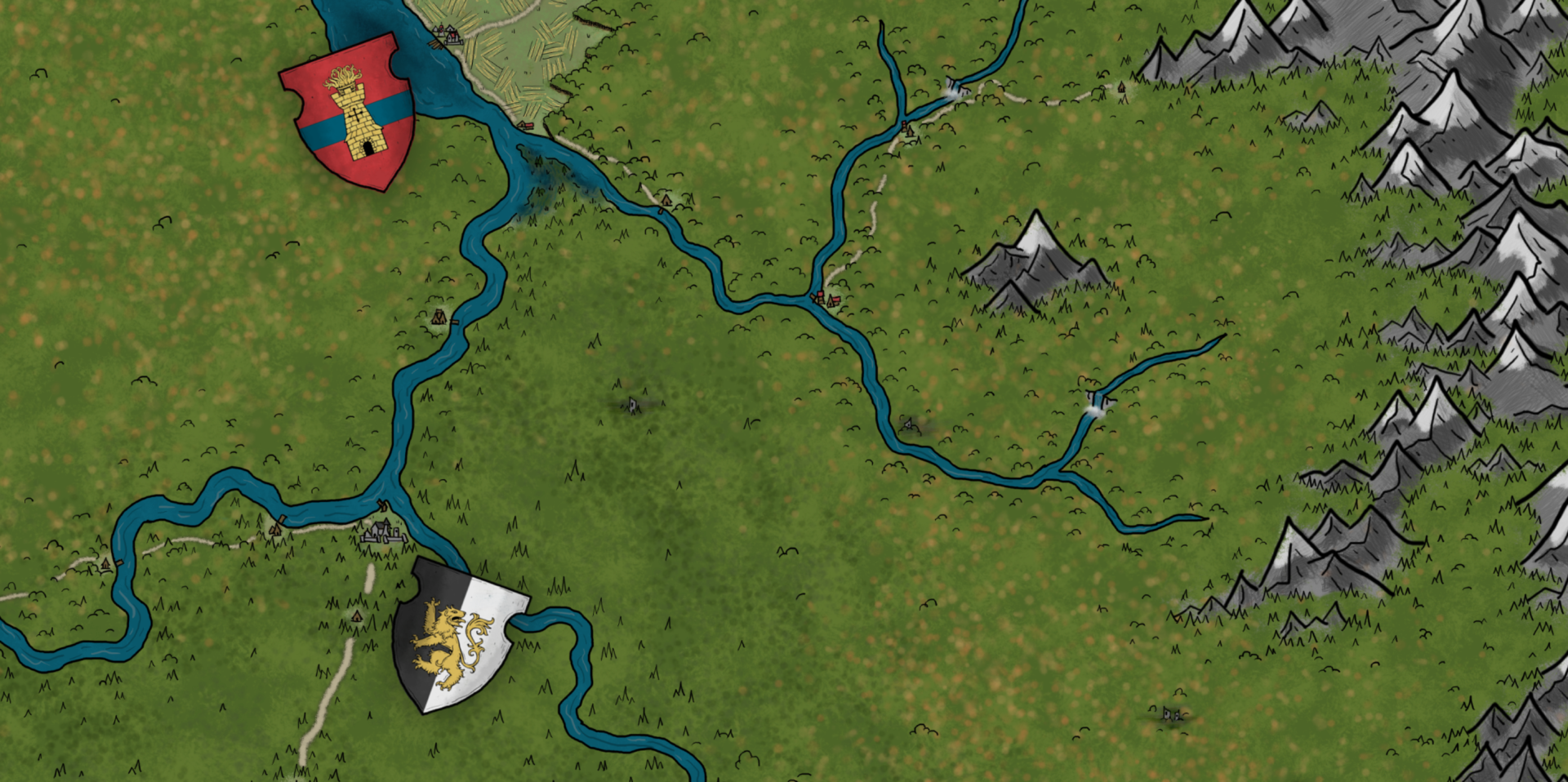Ever since I first read the Silmarillion, I’ve loved the idea of languages in fantasy settings. Once, I even tried to create my own conlang, if by “try” you mean “looked at a cookbook and came up with two sounds.” Still, language plays a vital part in culture and I enjoy thinking about how that dynamic affects my game worlds. I’ve had a “just the basics” approach to worldbuilding for a few years, but I just recently backed an RPG called Dialect, so language has been on my mind.
In RPGs, language is often no more than “the words used by each race.” That’s certainly the definition of a language, but it’s not all that easy to represent in-game. “I say ‘yadda yadda’ in Elven,” is usually the only way to handle it, because who could actually converse in a language that doesn’t really exist?
But imagine: on the street of Rome, two Italians get into a debate about parking. If you don’t speak Italian then your mind’s ear probably isn’t telling you much, but I bet you can picture what the Italians arms are doing, and it’s probably about the same thing I’m picturing. This is just a culture gesture, but I like the idea of cultures communicating with more than just their words.
That’s part of the foundation of the languages I’ve created for the Blackwood. I also want dialects within a single language to have an effect on gameplay. In the list below, you’ll find languages that feature gestures, dialects that will help you fit in better with other echelons of society, and some of the typical languages too.
Languages
Despite its relatively small size, there are many languages and dialects to be found within the borders of the Elder Kingdom.
- Ancient Script: No longer a spoken language, the writings of the ancients are nevertheless known to Classicists and seekers after forgotten lore. It can be a valuable tool for scholars and grave robbers alike.
- Beast Tongue: Animals don’t have a proper language, but they each have their signals of voice and body. Errants who understand this subtle language can communicate rudimentary ideas to animals. As simple creatures, the animals may not obey unless trained to do so.
- Common: Almost everyone speaks the common tongue. It is the simple speech of commoners and the clevers quips of traders and storytellers.
- Courtly Speech: When in a noble court, communication is more than eloquent words. It is learned conversation, observation of etiquette, and deference to pedigree and prestige. Unless you have the Noble Edge, this language costs two language slots to learn.
- Elvish: No one can speak the secret tongue of the elves, but a few have heard it. It is like the rustling of leaves on the forest floor, and the creak and clatter of branches in a windstorm.
- High Unified: Used only in religious songs and rituals, this is a soaring, musical language said to be as old as Ancient Script.
- Pagan: Far beyond the hedge, the pagans speak a language with as many thorny brambles and wild cries as the wilderness they call home. Unless you have the Arcane Background (Elven Pact), this language costs two language slots to learn.
- Pauper’s Cant: A little caution never hurts a life lived on the edge of society (and a little madness is to be expected). Paupers communicate with a bizarre motley of code words, catch phrases, and stock gestures. Unless you have the Pauper Hindrance, this language costs two language slots to learn.
- Widelander Creole: The Unified are made up of many far-flung cultures. Travelers and traders have developed a hybrid languages from the largest cultures and spread its use across the whole world. If a Widelander finds herself traveling as far as the Blackwood, she’s certain to speak the Widelander creole.


2 thoughts on “Blackwood Setting Rule: Languages”
Some time ago I wrote a post about Languages in RPG Settings that explored this topic a bit.
TL;DR: Therea re basically five languages most campaigns have and/or need: “Here and Now”, “Long Ago”, “Far Away”, “Green Meanies”, and (sometimes, and mostly in fantasy campaigns) “Magic”.
There’s also some discussion of languages rules in various game systems.
Thanks for commenting, Keith! And a much belated congrats on that 100th blog post. 😉
I like your analysis of the most common languages in RPG settings. It’s intuitive, but I’ve never seen it laid out like that. It’s a helpful approach for sure.
The work I’ve done on these languages was to address the problem you mention in your post: most languages aren’t necessary to a game, and feel like an afterthought from the designers. For example, the Court Speech language uses the “common” tongue, but it’s refined enough that it’s noticeably different from Common. Also, it comes with roleplay cues, so it’s not just someone saying “I know this language and that makes the doors of communication are open.” Instead, there’s a tangible, performative element players can bring to their roleplay if they speak that language.
Comments are closed.